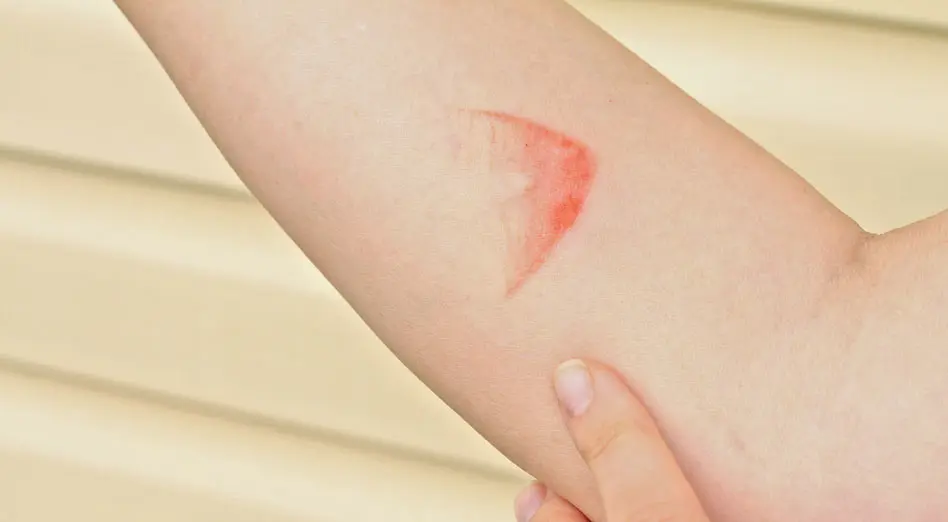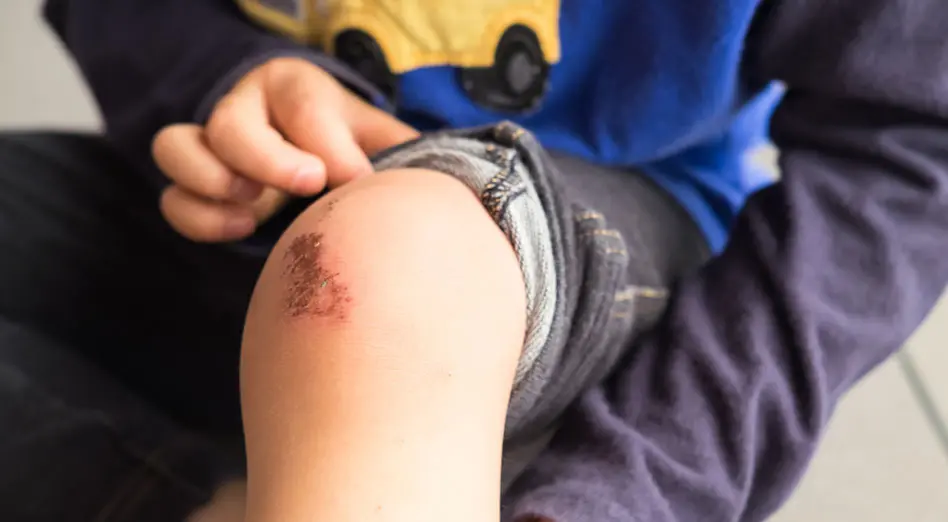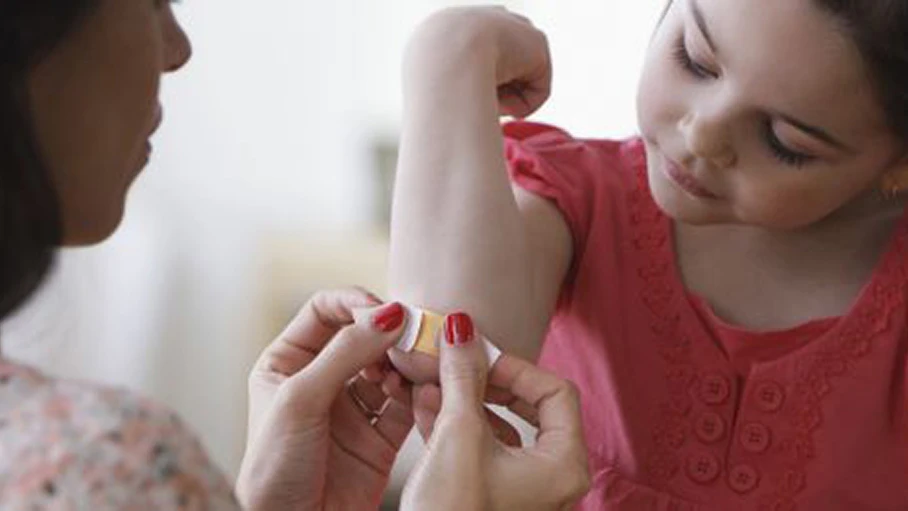Wound Care & Skin Relief Tips
Here you can find POLYSPORIN® articles that provide tips on wound care, skin relief and how to treat eye and ear infections. Read our tips for effective relief of minor cuts, scrapes, burns and infections for you and your loved ones.
14 Items

Eye & Ear
How to Relieve Outer Ear Infections/Swimmer’s Ear

Wound Care
How to Treat a Steam Burn

Wound Care
Avoid Infections at Home from Cuts/Scrapes

Wound Care
Avoid Infection: First Aid for Burns

Eye & Ear
Ear Infections in Children: Causes & Treatment

Wound Care
How to Clean & Dress a Wound

Eye & Ear
Pink Eye (Conjunctivitis) vs. Styes: What’s the difference?

Itch Relief
Chicken Pox Itching Treatment, Signs & Prevention

Itch Relief
Poison Ivy Itching Treatment, Signs & Prevention

Itch Relief
Allergic Itching Treatment & Prevention

Itch Relief
Sunburn Treatment & Prevention

Itch Relief
Mosquito & Insect Bites Treatment & Prevention
Showing 12 of 14